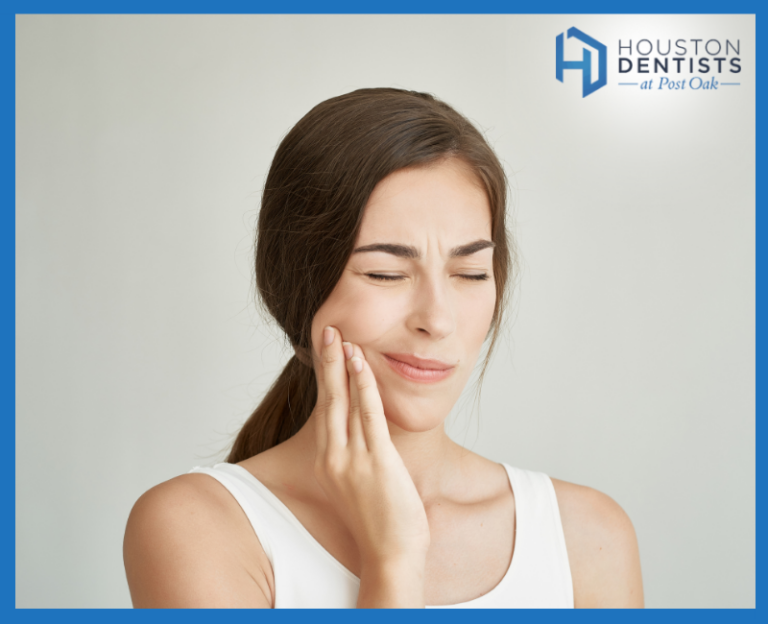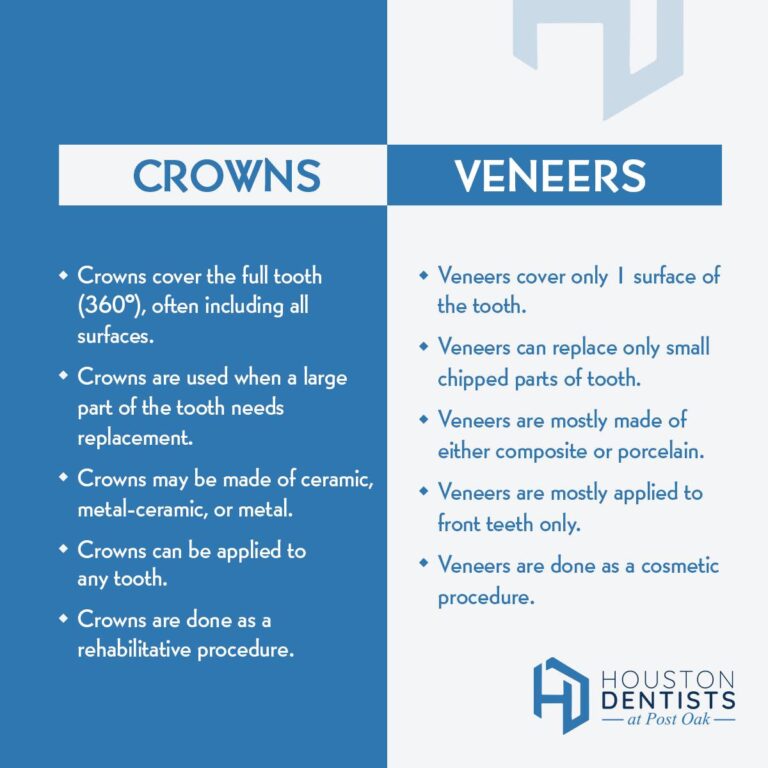Dealing with a problematic tooth that requires removal can bring about some understandable questions. What exactly happens during the procedure? What can you expect from start to finish?…

Do you have discomfort in your jaw? Jaw discomfort is awful, especially if you don’t know what’s causing it.
The temporomandibular joint (TMJ), the hinge-like joint between your upper and lower jawbones, is often the source of facial and jaw pain. When this joint isn’t functioning properly, TMJ issues develop.
A network of ligaments, muscles, discs, and bones make up your temporomandibular joint, which allows you to move your jaw side to side and forward and backward. The pain and trouble moving your jaw will indicate that something is wrong with this joint.
Do you have concerns that you may have TMJ disorder? Learn more about how this illness works, how it manifests itself in symptoms, and how treatment can help you find pain relief.
What Is Temporomandibular Joint Dysfunction (TMJD)?
TMJ problems are a form of temporomandibular disorder (or TMD), according to Mayo Clinic, that induce jaw pain in the joint and along the muscles that control jaw movement.
The actual etiology of a TMJ condition can be difficult to pinpoint. These diseases can be inherited in some circumstances, but they can also be caused by arthritis or a jaw injury. Bruxism, or the clenching and grinding of teeth, can also cause jaw pain. Many persons who clench or grind their teeth on a regular basis, on the other hand, never acquire TMJ condition.
In most cases, the pain caused by a TMJ issue is quite transitory. Nonsurgical dental therapies and self-managed dental care provide relief for many people. Surgery may be required in more severe situations.
How Does TMJ Affect Your Body? Symptoms and Warning Signs
Understanding what symptoms feel like is the greatest method to rapidly detect a TMJ condition. The following are some of the most common signs and symptoms:
- The jaw joint is sore, painful, or swollen.
- Pain radiates from the neck and shoulders.
- Headaches
- Toothaches
- You’re experiencing pain or tiredness in your facial muscles.
- Both sides of the face are swollen.
- Discomfort or pain when chewing around or in either ear
- An unpleasant bite
- Hearing issues
- Tinnitus is a type of ringing in the ears (ringing in the ears)
- Locked jaw is the inability to open or close your mouth.
- When you open and close your mouth, it makes a grating or clicking sound.
If you’ve had any of these symptoms and suspect you have TMJ condition, don’t hesitate to contact us to learn more about your treatment options. Patients in the Houston area come to Houston Dentists at Posk Oak for treatment from jaw pain and other TMJ-related issues.
TMJ Disorders: What Causes Them?
While there is no single cause for TMJ problems, there could be a variety of contributing factors. Any of the following conditions can cause a TMJ disorder:
- The cartilage in your TMJ joint has been damaged by arthritis.
- Whiplash, a fall, or a strike to the face can all result in a jaw injury.
- Chronic grinding or clenching of teeth causes the discs in your jaw to erode over time.
- Anxiety or stress that causes your jaw and face muscles to tighten.
- Long-term poor posture
- Braces for children’s teeth
- Chewing gum excessively
- A connective tissue disorder affecting the tissues surrounding the temporomandibular joint.
Do I Have a TMJ Problem?
In addition to understanding the causes of TMJ, it’s vital to know who is most at risk for acquiring TMJ. TMJ issues can be caused by a variety of factors, including:
- Rheumatoid arthritis and osteoarthritis are two types of arthritis.
- Teeth grinding or clenching for a long time
- Jaw injury that is severe
- Fibromyalgia
- A bite that isn’t quite right
- A facial or jaw deformity is a type of facial deformity that occurs when the face or jaw
TMJ issues can sometimes be caused by stress-related behaviors. Biting your lips, nails, or frequently chewing on things like gum, candies, or straws are all stress-related practices that can increase your risk.
Age and gender, in addition to stress and health difficulties, play a role in deciding who is most at risk. The majority of patients with TMJ symptoms are between the ages of 20 and 40. Women are more likely to have it. If you’re concerned about your chances of having TMJ, speak with your dentist.
The Consequences of Ignoring TMJ
There are hazards to your health if you choose not to seek treatment for your jaw pain.
Medical Problems
TMJ can cause chronic discomfort in those who grind their teeth or clench their jaws. Because of their agony, some patients suffer from insomnia or try to self-medicate, which can be risky.
Symptoms have also been linked to despair and anxiety in the past. When pain prevents you from eating comfortably, it can lead to nutritional problems, especially in the elderly.
There’s no need to suffer from any of these additional medical issues related with TMJ when there are simple and efficient dental solutions available.
Oral Health Untreated TMJ can have a negative impact on your dental health. Clenching and grinding can cause enamel wear and even fractures in the teeth. As a result of the pain, you may favor one side of your jaw more than the other, resulting in asymmetrical muscle growth and swelling in the jaw area.
Treatment of TMJ with Dentistry
TMJ issues can be efficiently treated at the dentist’s office, as well as at home. Mouth guards, oral splints, physical therapy, and counseling about the habits that cause your pain are some non-surgical, non-medicated therapeutic alternatives.
Certain pharmaceutical drugs, in addition to these therapies, may be able to aid. Pain relievers and anti-inflammatories are two of the most effective drugs for TMJ issues. These can be OTC or prescription-only medications.
Antidepressants that are tricyclic. Low doses of amitriptyline, for example, can be used to treat bruxism, insomnia, and pain alleviation.
Muscle relaxants are drugs that relax the muscles. These medications may be recommended for short-term relief of TMJ condition pain produced by facial muscle spasms.
Your TMJ Pain Can Be Relieved
Are you tired of dealing with constant jaw pain? If you’ve been wondering, “What does TMJ feel like?” and believe you may have this problem, you should get expert help.
Houston Dentists at Post Oak is pleased to serve patients in the Houston area. Make an appointment with one of our TMJ specialists to get relief sooner. To get started, give us a call today.






